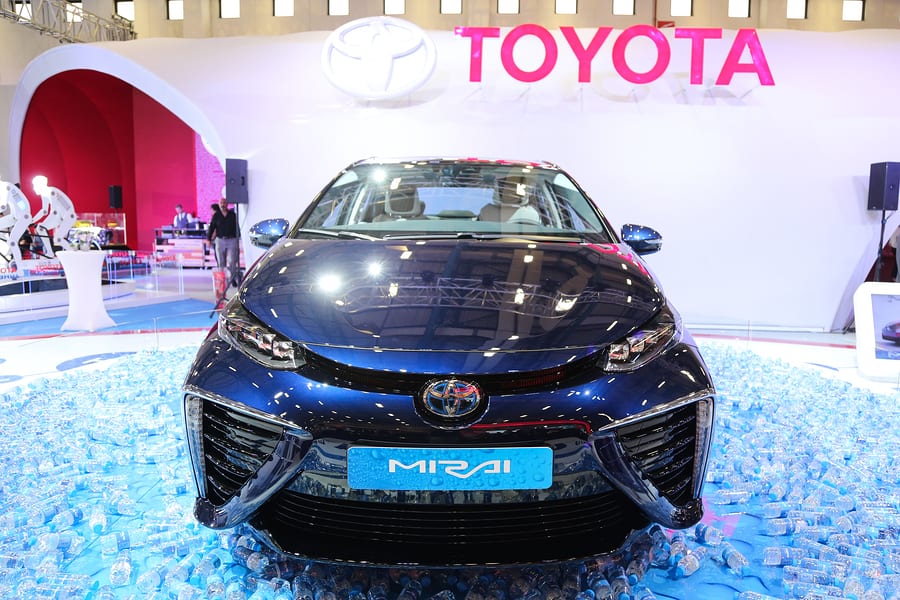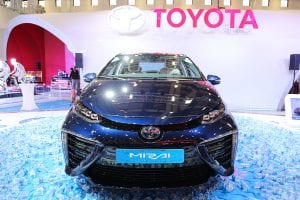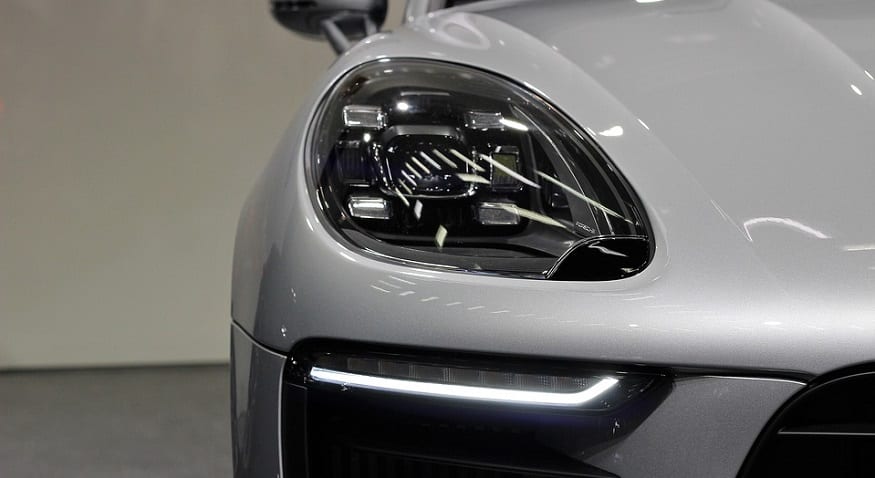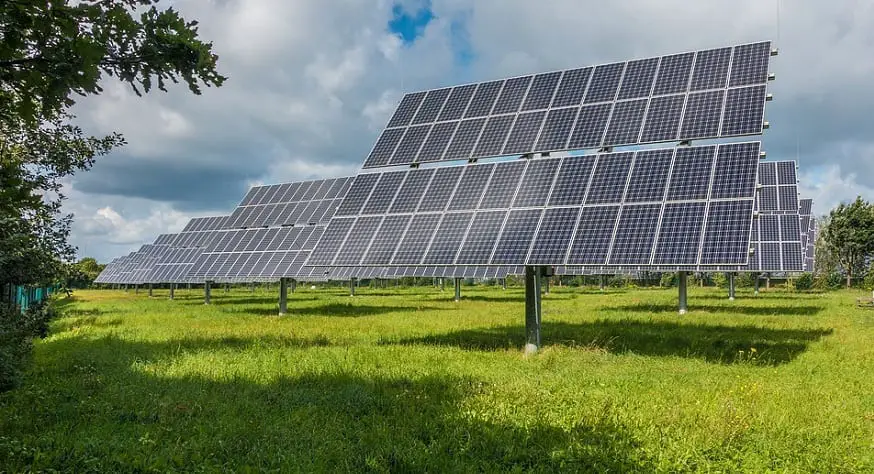
Hydrogen cars could still be a threat to electric vehicles
March 4, 2019The battery-power electric vehicle market dominates the green vehicle market but this may change in the future.
Hydrogen cars are nowhere near as popular or as abundantly available as electric vehicles, especially in the United States. However, this might not be the case in the future. As much as Elon Musk, Tesla’s co-founder and CEO, has pooh-poohed hydrogen fuel cells, outwardly calling them “mind-boggling stupid” among other names, this hasn’t stopped the likes of powerful automakers like Toyota, Honda and Hyundai from developing fuel cell eclectic vehicles (FCEVs).
Hydrogen power is nothing new and has been on the market for years.
While there isn’t currently an abundance of hydrogen cars on the roads, this particular form of renewable power is far more established in the commercial market. Hydrogen can power much more than simply vehicles and has been used in a variety of applications. The most notable of these in the U.S. is in material handling equipment.
There are over 23,000 fuel cell-powered forklifts in operation at warehouses and distribution centers through the U.S. in over 40 states. Some of these distribution centers include Walmart and Amazon facilities.
There are also dozens of fuel cell buses planned in a number of states and California’s infrastructure is growing. The state already has 39 public hydrogen fueling stations, with another 25 in development.
Hydrogen cars are likely to gain more ground once major barriers are eliminated.
One of the major barriers standing in the way of hydrogen fuel vehicles is their cost. Presently, they are expensive to buy and refuel. For instance, Hyundai’s Nexo is the automaker’s most expensive car in the US, with a starting price of $59,345, which is significantly more than its gas-powered Santa Fe, which is comparable in size but is only $24,250.
Presently, automakers are covering the cost of refueling their hydrogen vehicles in California, but this won’t last forever. Eventually, the consumer will be taking on this cost too. According to the Kelley Blue Book, the estimated annual fuel costs for the Toyota Mirai, the Honda Clarity Fuel Cell and Hyundai Nexo is $4,495, which is three to four times the amount of gas-powered alternatives.
There’s no question that, as it stands, electric vehicles have a huge head start over hydrogen cars. These vehicles are simply a more viable, less expensive option and the charging infrastructure is readily available and is improving over  time. However, hydrogen could become a real competitor as interest in this technology grows to help combat climate change and hydrogen production becomes less costly.
time. However, hydrogen could become a real competitor as interest in this technology grows to help combat climate change and hydrogen production becomes less costly.



 With over 15 years of reporting hydrogen news, we are your premier source for the latest updates and insights in hydrogen and renewable energy.
With over 15 years of reporting hydrogen news, we are your premier source for the latest updates and insights in hydrogen and renewable energy.
I agree that Hydrogen has many applications in the future and even now.
So why do you want to compete with battery powered light vehicles? Let them be.
You should focus on electolysis improvement and other means of transport(marine, aviation, rail) and long term energy storage.
If in a number of years hydrogen becomes more logical for light vehicles, it will happen
Hydrogen can be produced world wide. We no know the science to split seawater ditectly using electrolysis. The same common metal catalyst could be used in large salt batteries. Research groups are improving solar cells, specifically graphene perovskite.
Soon all countries will develop a hydrogen economy and the solution for climate warming.
Energy for the world, endless energy and a solution for climate warming.
It should be remembered that hydrogen powered vehicles are actually battery electric with a smaller battery backed-up by a hydrogen fuel cell, because FCEVs need a battery because the fuel cell cannot deliver the electric power fast enough for acceleration and also to recover the energy from braking with regenerative braking. Its best to see this in action by having a ride in an FCEV; the hydrogen powered Toyota Mirai has a dashboard display which shows the energy flows: electricity from the battery to drive the car, electricity from braking and electricity from the fuel cell.
For short trips of small vehicles, battery only is a no-brainer, providing that you have a charging point at home, otherwise for longer distance drives with heavier loads, then the extra energy that you need on board makes a battery alone more and more heavy, heavier than a hydrogen energy source, so then you need a hydrogen/fuel cell back-up. All HGVs that drive long distances will need hydrogen power, but for small delivery vans the choice is not so simple.
Around 30% of trains in the UK are powered by diesel-electric, which Network Rail says must go by 2040; many of these lines have low 19th century bridges that would have to be rebuilt at great expense to accommodate the overhead catenary wires, so if the line has a high traffic volume then the very expensive electrification makes sense, but for many lines retrofitting the existing diesel-electric trains to hydrogen electric also makes sense, especially if they are bi-mode units that have the pantographs to connect to the overhead wires where they exist.
David, Thank you for that brilliant explanation distinguishing between the various sources of power for different sizes of vehicles (BEV vs FCEV). One other method that is in the discussion is the direct combustion of Hydrogen in an ICEs with minimal modificaton. This will, however, only have to be a stop-gap measure at best in the dying days of ICE, as the overall efficiency of ICE process is much lower than the efficiency of the Fuel Cell in converting the energy contained in Hydrogen to automotive power. Besides, the production of NOX is also another problem in the ICE model. Fuel Cell technology is the way forward.